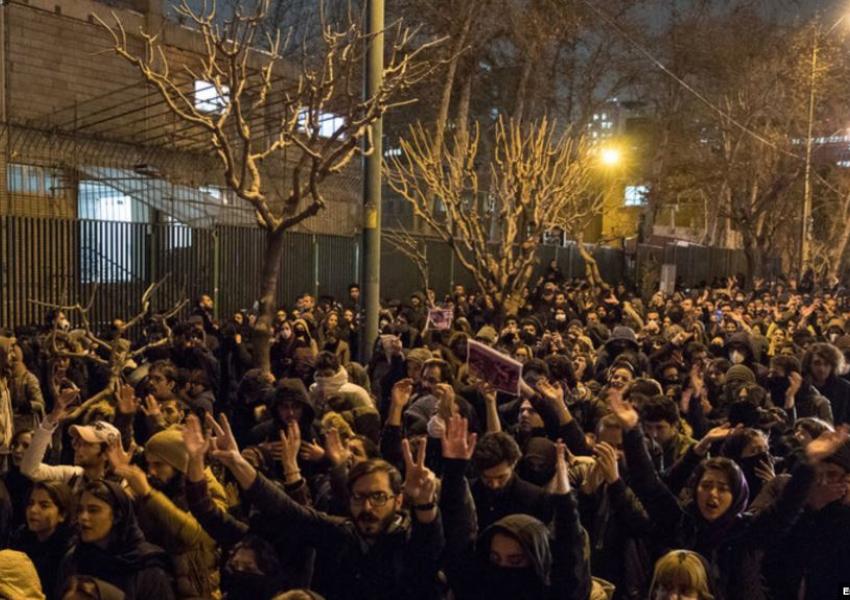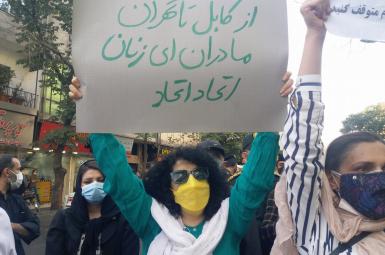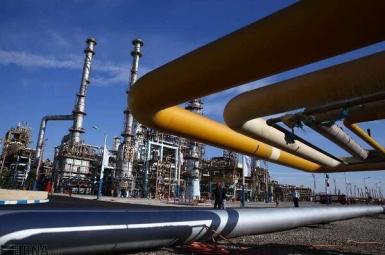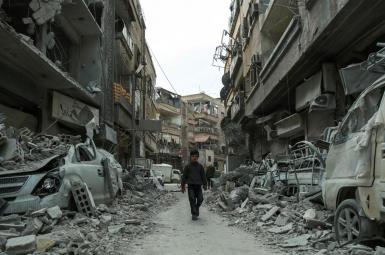
Politicians In Iran Warn About Discontent, Possible Protests
Maryam Sinaee
Officials and politicians from across the spectrum have warned of the danger of unrest as the anniversary approaches of nationwide protests, beginning November 15 2019, against the overnight tripling of fuel prices. “At the moment discontent is even higher than November 2019, the threat is solemn,” Javad Emam, a reformist politician and head of a reformist think-tank, told Etemad Newspaper, as quoted on Tuesday [October 27].
Emam, who heads the Baran Foundation established by former president Mohammad Khatami, pointed out that many have lost their jobs or livelihoods in the Covid19 pandemic while the government has struggled to take effective measures against United States sanctions that have led to a budget deficit and economic recession.
“All the pressure is on the shoulders of the people,” Emam said, warning that the potential popular reaction meant that “the situation is one of serious alarm for the authorities.”
It is not only reformist politicians warning of a volatile situation. Veteran politician Mohammad-Javad Bahonar, known as a moderate among principlists, in an interview with the Iranian Labour News Agency (ILNA) on Sunday said there would have been “a velvet revolution” if a million had joined the protests in Tehran in November last year.
Bahonar blamed fellow-hardliners for the eruption of people’s discontent. He suggested they had magnified ten-fold “corruption and mismanagement” in the government of President Hassan Rouhani through state-run television and in parliament, encouraging people’s disillusionment and lack of trust in the authorities. In such circumstances, the poorly planned increase in the price of fuel had acted like “a lit match in a gunpowder depot.”
In a press conference on Monday, the Head of Iran’s Civil Defense Organization Brigadier General Gholamreza Jalali suggested that popular discontent had increased to a level where it could be readily exploited.
“Very specifically, threats have become people-centered, and using people and their reactions has become a new factor in the enemy’s calculations in all their scenarios [for destabilizing Iran],” Jalali said. Both “military and non-military approaches” were required, he added, for managing Iranians in a “comprehensive defense model.” The Civil Defense Organization plays a key role in monitoring and censoring the internet and social media platforms.
Iran’s Supreme Leader Ali Khamenei recently called on politicians to tone down their criticisms of each other, and instructed parliament to drop impeachment proceedings against Rouhani. Khamenei insisted that “certain recent measures to denigrate the administration” had been wrong.
Khamenei’s intervention has been seen as an exercise in limiting damage not just to trust in the Rouhani government but to trust in the political system as a whole.








